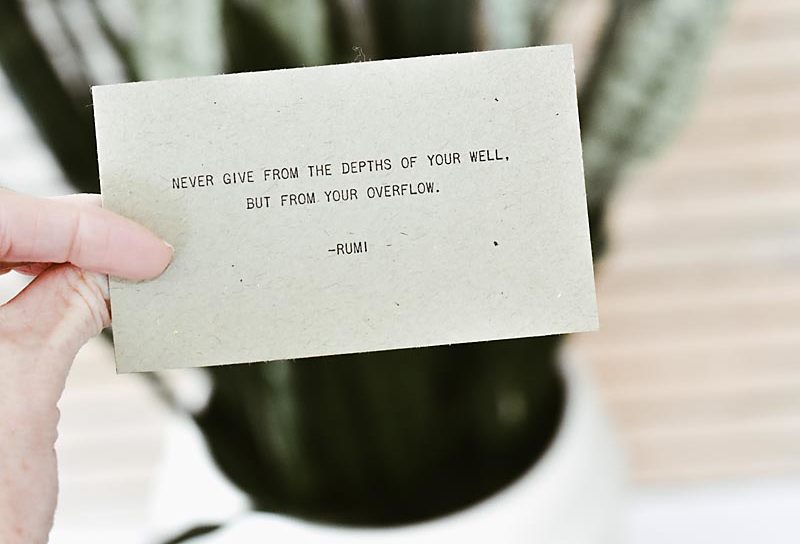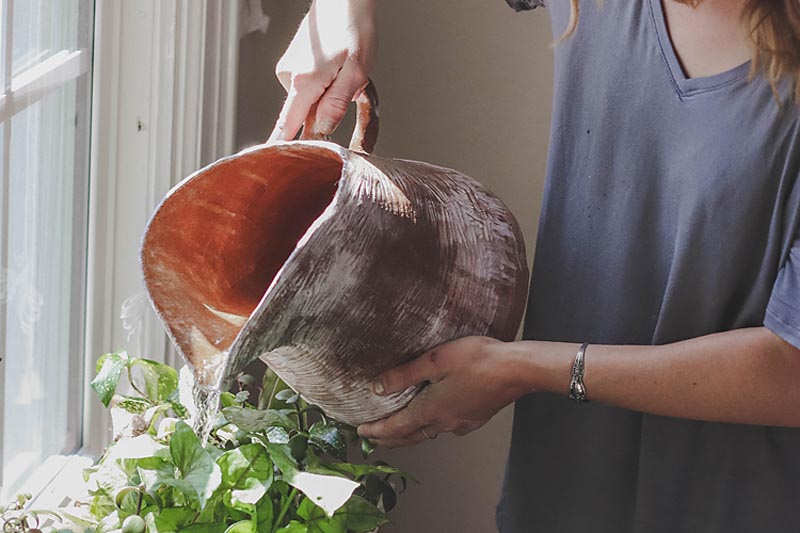7 Tips to Enhance Your Self-Care Journaling
RAFT Team, April 6, 2020
Define Self-Care
There are so many ways to practice self-care. We’ve talked about a daily self-care routine, physical practices to help your emotional health, and the ways meditation can help. It’s a recurring topic here because studies show that self-care builds resilience. Self-care, by definition, is anything that makes you feel better mentally, physically, or emotionally.
- It’s what makes you happy and relaxed.
- It makes you feel complete.
- It provides you with a sense of accomplishment.
By this definition, almost anything can be self-care, as long as it moves you forward and has a positive impact on your life. Every person processes life differently. For some, getting out and running a few miles helps them feel better. For others, organizing gives them a sense of comfort. Others dive into music to escape stress for a bit. But for many, self-care journaling helps as well.
Identify the Things that Keep You From Self-Care
Life is busy and many things get in the way of a steady self-care routine. You may feel like you don't have time. Or that it’s really not as important as taking care of others. Self-care fills you up with satisfaction and inner strength. In other words, self-care is vital! If you find yourself without time, or don’t really know what type of self-care to pursue, ask yourself these questions:
- What takes up most of my time and energy?
- What stops me from taking care of myself?
- What am I already doing for self-care? Can I do more of it?
When you ask these questions, it’s fairly easy to find the time each day to make space for more self-care. By adding even just 5 minutes of self-care, you’re growing your capacity and resilience.
Explore the Reasons You Need Self-Care

You may not have time to start a new hobby like running or watercolor painting. For some, these can be distractions rather than problem-solvers. Your steps forward are much determined by your mental state as you pursue self-care. A self-care journal can help you discover what’s going on inside you mentally or emotionally. Individuals create self-care journals for many reasons:
- To get through the tough times.
- To discover more about yourself.
- To remember the good things in your life.
- To give yourself a voice.
Create a Few Self-Care Lists to Enhance Your Self-Care Practice
Staring down a blank sheet of paper can be intimidating. The following 7 lists can get you started on your self-care journal path:
1. Make a daily self-care to-do list, with things that are helpful to do every single day:
- Drink water.
- Get outside.
- Take time to laugh.
- Be active.
- Accomplish something.
- Be kind.

2. Make a go-to list of things that will help you get through a stressful day.
- A five-minute walk away from the stress.
- Water your plants.
- Talk to your pet.
- Practice a five-minute meditation.
- Pause for a cup of tea.

3. Make a list of affirmations.
Louise Hay, one of the founders of the self-help movement, reminds us that “Affirmations are statements going beyond the reality of the present into the creation of the future through the words you use in the now.” Claude M. Bristol, author of The Magic of Believing, takes this a step further and explains the benefits of affirmations: “It’s the repetition of affirmations that leads to belief. And once that belief becomes a deep conviction, things begin to happen.”
Use the affirmations below or create a list of your own that you can turn to when you need them.
- I give myself space to grow and learn.
- I have the power to change my world.
- I am not my mistakes.
- I am never alone. The universe supports me and is with me at every step.
- I choose to be grateful for all that I have.
- I see my struggles as opportunities to grow and learn.
4. Make a list of what makes things better for you:
Not only will this help you stop ruminating on the things that are troubling you, focusing on positive practices will also bring about physical benefits like lowering your blood pressure.
Physically: Have you gotten fresh air today? Are you getting enough sleep? Are you eating healthy foods? How is your water intake? Have you gotten in any physical activity?

Mentally: What were your achievements today, no matter how small? Did you have any moments of good fortune?
Emotionally: Are you focusing on the small experiences that bring joy each day? Are you keeping your social media consumption balanced?
Socially: Are you building relationships? How did you express kindness to others? How about your relationship with yourself?
5. Make a list of what you love about yourself.
Self-care is not just about what you love about yourself, but also recognizes your weaknesses and vulnerability and gives space for these.

6. When things are super hard, have a “turn around a bad-day list” ready to roll:
- Bathe.
- Eat.
- Dress in clean clothes.
- Drink water.
- Take any medication.
- Fix your hair.
- Watch an uplifting show.
- Reach out to a friend.
Any of the lists above can serve as the foundation for a daily self-care journal practice. Each day, write about your experience as you interact with a particular list. How did you feel at first? What made you pull out your list to begin to experience a shift? Did you feel better right away? Did your list help at all? Dig deep, be honest, and unpeel the layers.
7. In a consistent daily self-care journal practice, you might keep a themed self-care journal:
Explore Your Feelings
When you feel off or grumpy, learn to ask yourself, “How do I feel?” Pour your heart out onto the paper. Be honest with yourself. Let yourself voice your feelings, and give yourself permission to be negative for a bit. It's likely you'll soon understand exactly what is really bothering you, which means you'll be able to address that issue specifically.
Write a Brain Dump
Clear out your head by writing everything down. Write it all down until there’s nothing left. It might be exhausting (as letting go often is) but once it’s all out, you may just find it’s a lot easier to relax for a bit.

Create a Gratitude List
Fear and anxiety make us live with a scarcity mindset. Refocusing on gratitude helps us live in an abundance mindset. It shifts the stress and worry to joy and freedom for all the things you do have.
No matter what type of self-care journal you choose to create, this intentional time writing means you’re taking time to unplug.
To stop the comparing. To slow the pace. To set aside the world for a few moments. To focus on what really makes you happy. To encourage you to keep moving forward.
A self-care journal is a powerful way to create a safe space for yourself. And over time, you’ll slowly shift your mindset and begin to experience naturally more happiness and positivity every single day. Whether it’s 5 minutes or an hour a day, the reward is worth the effort!







